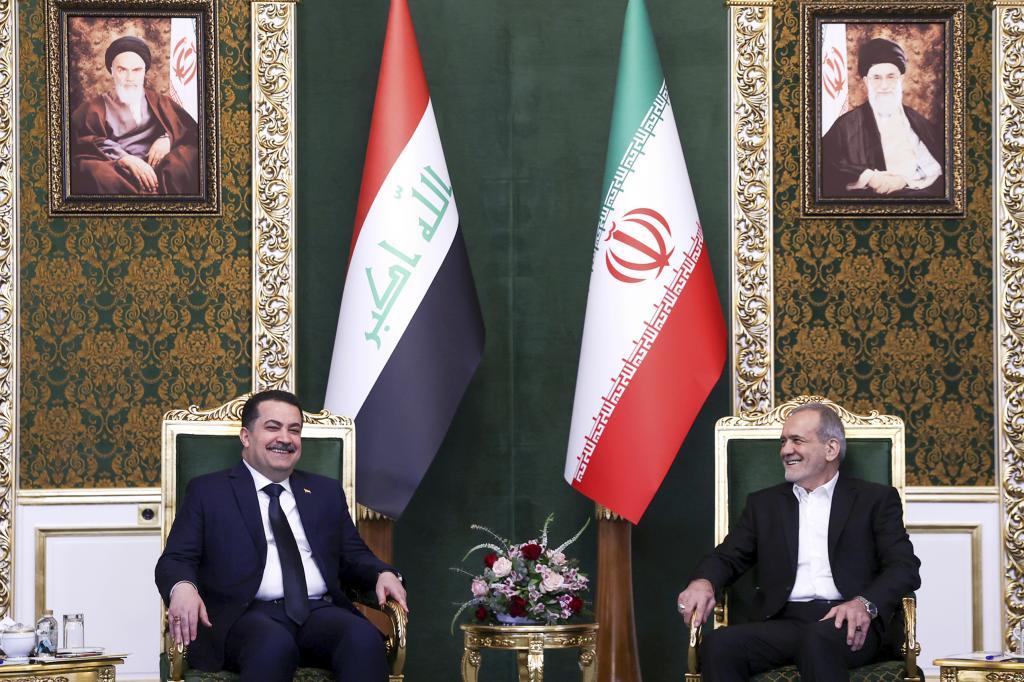An Italian journalist detained in Iran for three weeks, whose fate became intertwined with that of an Iranian engineer wanted by the United States, was freed Wednesday and is heading home, Italian officials said.
A plane carrying Cecilia Sala, 29, left Tehran after "intensive work on diplomatic and intelligence channels," Premier Giorgia Meloni's office said, adding that the Italian premier had personally informed Sala's parents of the news.
Iranian media acknowledged the journalist's release, citing only the foreign reports. Iranian officials offered no immediate comment.
Sala, a reporter for the Il Foglio daily, was detained in Tehran on Dec. 19, three days after she arrived on a journalist visa. She was accused of violating the laws of the Islamic Republic, the official IRNA news agency said.
Italian commentators had speculated that Iran detained and held Sala as a bargaining chip to ensure the release of Mohammad Abedini, who was arrested at Milan's Malpensa airport three days before on Dec. 16, on a U.S. warrant.
The U.S. Justice Department accused Abedini and another Iranian of supplying the drone technology to Iran that was used in a January 2024 attack on a U.S. outpost in Jordan that killed three American troops. He remains in detention in Italy.
Sala's release was met with cheers in Italy, where her plight had dominated headlines, as lawmakers hailed the successful negotiations to bring her home.
It came after Meloni made a surprise trip to Florida last weekend to meet with U.S. President-elect Donald Trump at his Mar-a-Lago estate.
Meloni tweeted Sala's return in a statement on X in which she thanked "all those who helped make Cecilia's return possible, allowing her to reembrace her family and colleagues."
Sala's fate became intertwined with that of Abedini as each country's foreign ministries summoned the other's ambassador to demand the prisoners' release and decent detention conditions. The diplomatic tangle was particularly complicated for Italy, which is a historic ally of Washington but maintains traditionally good relations with Tehran.
Members of Meloni's cabinet took personal interest in the case given the geopolitical implications. Foreign Minister Antonio Tanaji and Defense Minister Guido Crosetto hailed the diplomatic teamwork involved to secure Sala's release, which amounted to a significant victory for Meloni.
Since the 1979 U.S. Embassy crisis, which saw dozens of hostages released after 444 days in captivity, Iran has used prisoners with Western ties as bargaining chips in negotiations with the world.
In September 2023, five Americans detained for years in Iran were freed in exchange for five Iranians in U.S. custody and for $6 billion in frozen Iranian assets to be released by South Korea.
Western journalists have been held in the past as well. Roxana Saberi, an American journalist, was detained by Iran in 2009 for around 100 days before being released.
Also detained by Iran was Washington Post journalist Jason Rezaian, who was held for more than 540 days before being released in 2016 in a prisoner swap between Iran and the U.S.
Both cases involved Iran making false espionage accusations in closed-door hearings.
